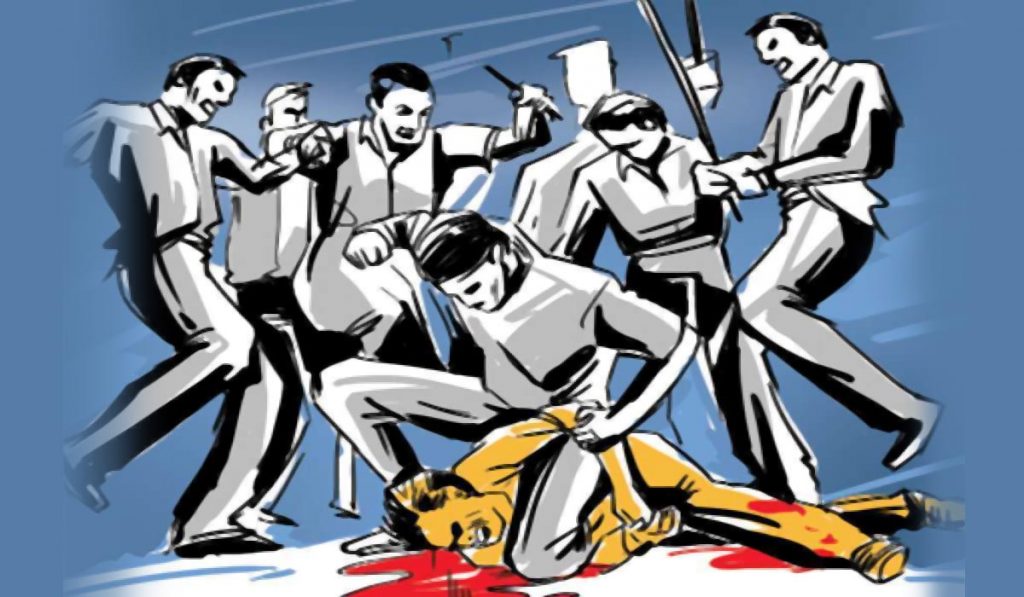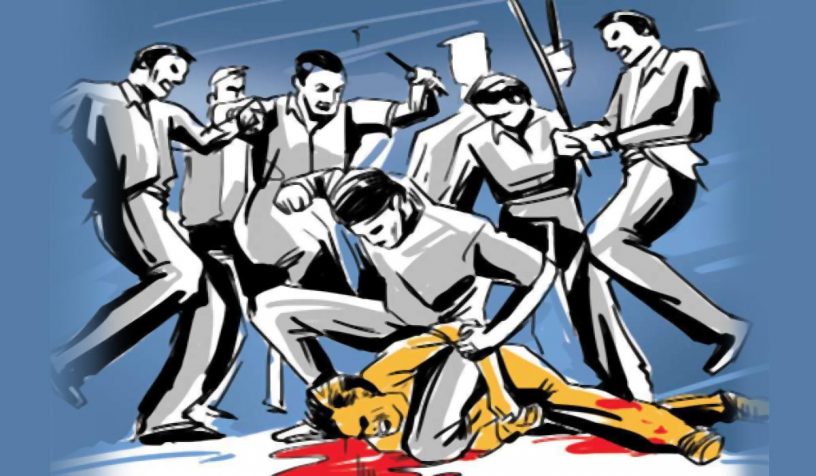
The article shows how the ambiguity of the category of lynching continues to plague the implementation of the July 2018 Tehseen Poonawalla order by the Indian Supreme Court.
Authors
Mohsin Alam Bhat, Professor, Jindal Global Law School, O.P. Jindal Global University, Sonipat, Haryana, India.
Vidisha Bajaj, Jindal Global Law School, O.P. Jindal Global University, Sonipat, Haryana, India.
Sanjana Arvind Kumar, Jindal Global Law School, O.P. Jindal Global University, Sonipat, Haryana, India.
Summary:
Amidst high-profile incidents of hate violence against religious and caste minorities, the Indian Supreme Court laid down a series of guidelines to address mob violence and lynching in its July 2018 Tehseen Poonawalla order. The order mandated a police supervisory structure and stronger official accountability, more stringent penal provisions, victim and witness protection, and more expansive compensation and rehabilitation schemes. It also recommended the enactment of an anti-lynching legislation.
This article contributes to the conversation about the order’s implementation by drawing from the empirical work conducted by Jindal Global Law School’s (JGLS) legal clinic on hate crimes. It focuses on how the police deploy their official discretion in investigating and prosecuting incidents of mob violence and lynching. First, based on detailed interviews of police officials, the article shows how the ambiguity of the category of lynching continues to plague the implementation of the order.
Second, taking a case study of a potential hate crime investigation, it shows how the police structures investigations and charges to undermine the goals of criminal law. This article shows that police officials use their discretion to construct lynching — during various stages of investigation and charging — to obscure and invisibilise the crime. This quotidian exercise of discretion is shaped by broader systemic problems in India’s criminal justice system, especially its lack of independence, inadequate training, and institutional bias. The article advocates that these systemic concerns must be integrated in a meaningful response to mob lynching and hate crimes in India.
Published in: Jindal Global Law Review
To read the full article, please click here


